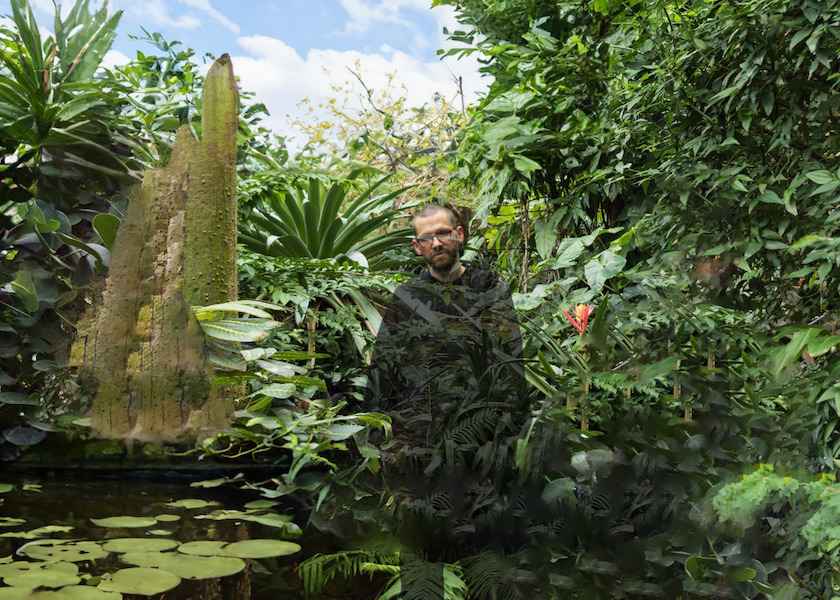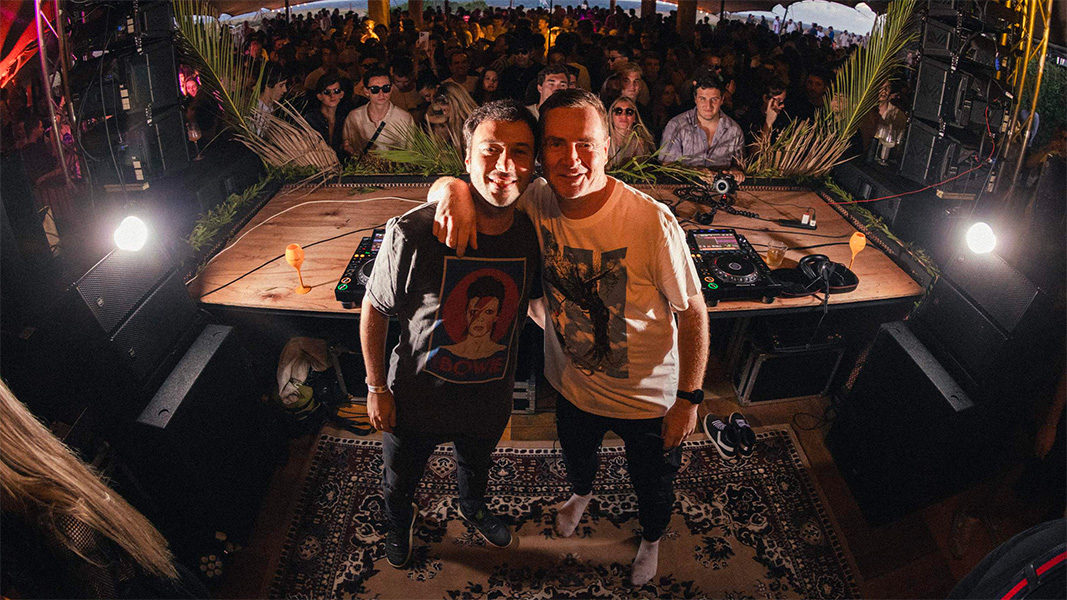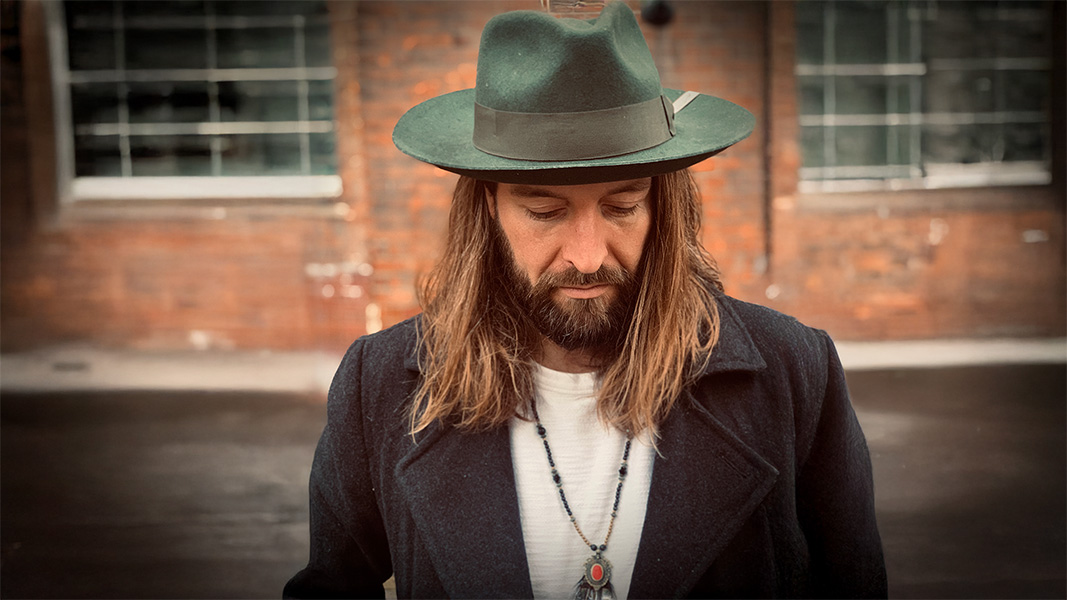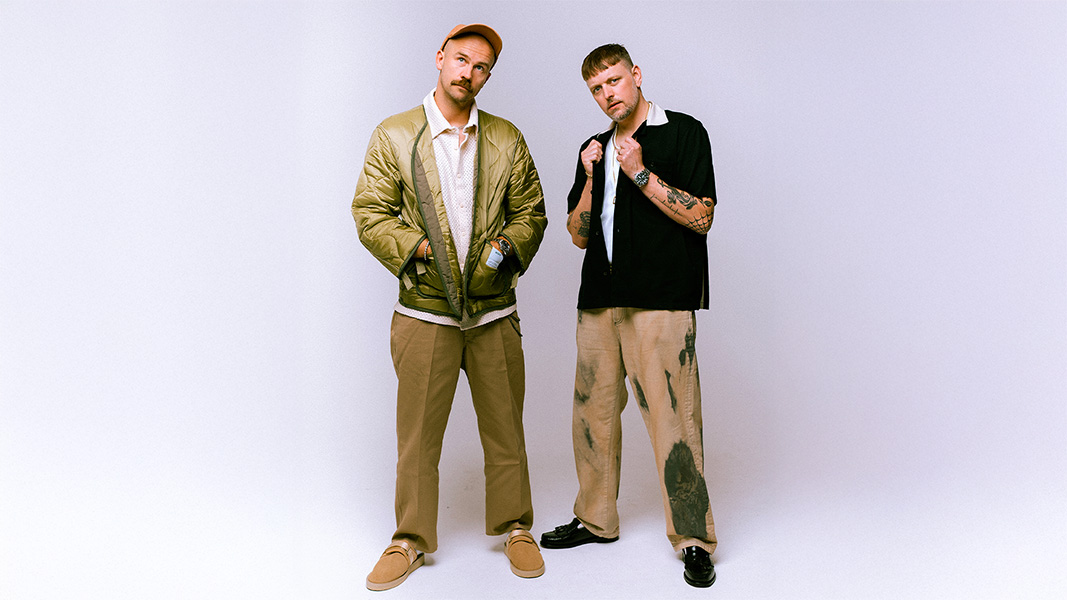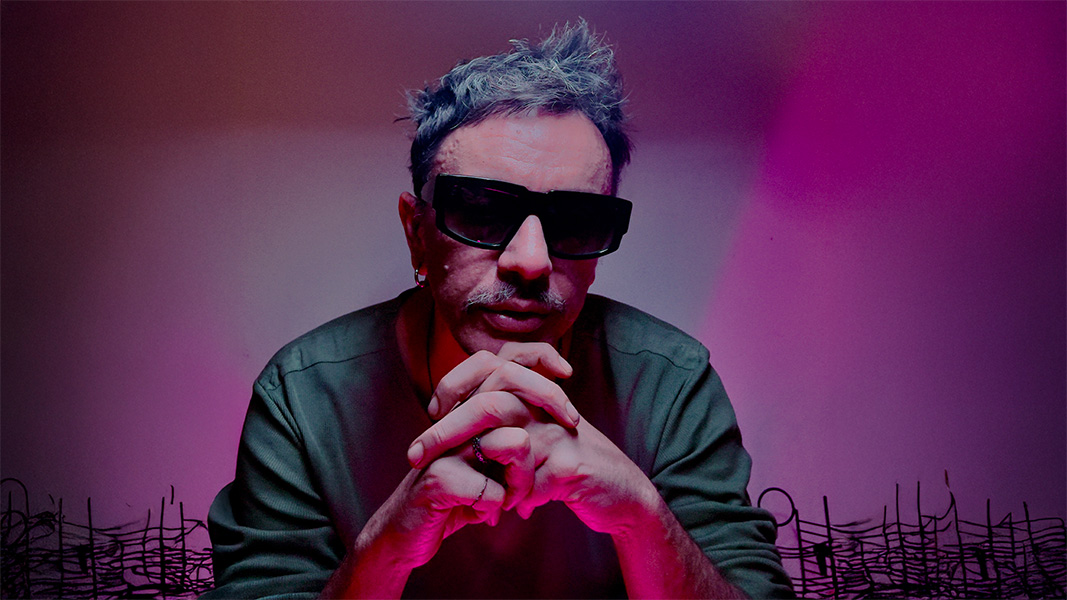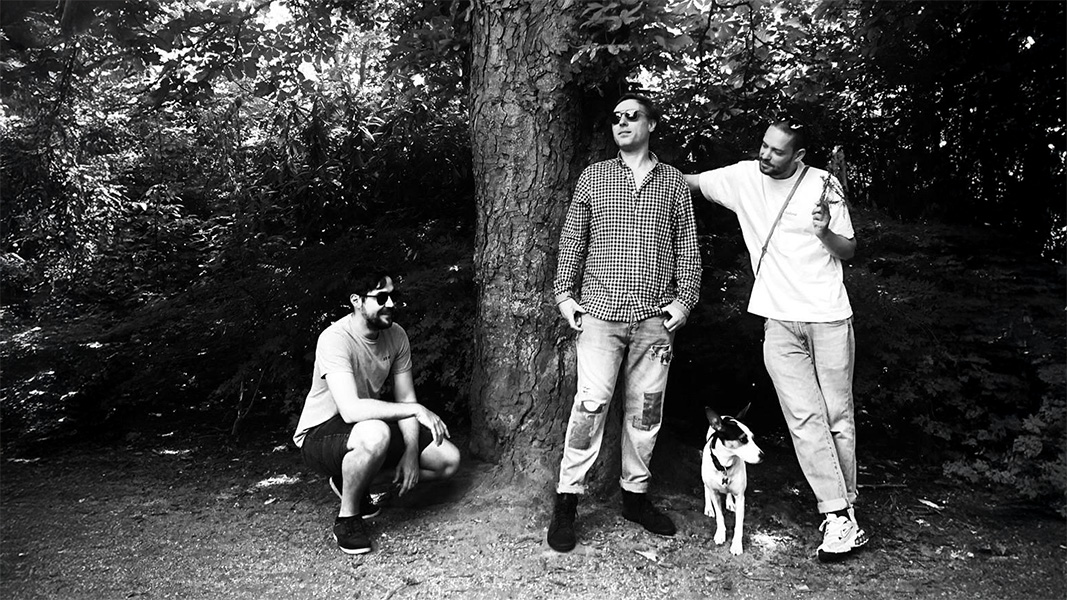Acclaimed electronic music producer and member of the Diynamic label family, Johannes Brecht, is back but this time, he’s taking a backseat. After years of solo success, Johannes Brecht reconnects with his musical roots and reunites with Antonio Farris and Matteo Capreoli to create the Johannes Brecht Trio and explore the sound of deep electronic jazz. This reunion became the upcoming album ‘Disparaître,’ which is out on June 28th via Tomorrowland’s CORE Records. We had the chance to speak with Johannes about the release, reunion, and the future.
You can now listen to the full premiere of ‘Call Me Monday’ exclusively on When We Dip. Enjoy!
WWD: Audiences worldwide recognize you as a solo act, often seen playing back-to-back with producers like Solomun. What led your transition from solo career to trio setting? Are you quitting the dance floor?
As a creative I’m always searching and challenging myself creatively, I wanted to explore new musical landscapes with Antonio and Matteo. This trio project is an extension of my creativity, not a departure from the dance floor.
WWD: How do you see ‘Disparaître’ resonating with listeners who may be more accustomed to the electronic music typically associated with your solo work, and what do you hope they take away from the fusion of jazz and electronic music on the album?
I hope that the album will resonate and that listeners will appreciate the fusion of jazz and electronic elements and understand that music transcends genre boundaries.
WWD: What was it like to musically reconnect with Antonio Farris and Matteo Capreoli after 15 years, and how did your time apart and individual musical journeys affect the sound and chemistry of the trio upon reuniting?
The reunion was nostalgic, romantic and exhilarating. Our individual journeys enriched our collaboration, bringing diverse influences and mature perspectives. each of us had continued to make music in our own field, and so it was very interesting to bring together our different experiences
WWD: The album was recorded during jam sessions over three days. How did the spontaneity of these sessions affect the sound of the album?
We really didn’t have any material to record, so the only option was improvisation.
In retrospect, the spontaneity added an authentic and raw energy that captured pure creativity and unfiltered expression, resulting in a dynamic and vibrant sound.
WWD: How did you come to realize that your 3-day jam session was evolving into an album project?
We already had a dream that something like an album could come out of those 3 days. The quality and synergy of our sessions made it clear that we were creating something special, at least for us.
WWD: Can you elaborate on the role of post-production in shaping the tracks on Disparaître, particularly given the loose structure of your recording sessions?
Post-production was crucial in refining the raw material from our jam sessions. It involved selecting the best takes, arranging the tracks, and enhancing the sound while preserving the spontaneity. The goal was to maintain the integrity of the live recordings while ensuring they were polished and cohesive for the album format. it was an incredibly long process
WWD: The album features collaborations with artists like John McCowen, Lazarusman, and Pitou. What inspired you to bring in these particular artists for collaborations, and how did their contributions help shape the album?
Each collaborator brought a unique voice and perspective to the project. John McCowen’s avant-garde clarinet playing, Lazarusman’s poetic spoken word, and Pitou’s ethereal vocals added new dimensions to our music. Their contributions enriched the album, pushing our sound into new territories and enhancing the overall narrative. i think it was also important to hear how other musicians react to it, especially from other genres, so it was all the nicer to see how wonderfully everything worked out
WWD: Can you explain the significance of the album title ‘Disparaître’ and how it reflects the sound and themes of the album?
Disparaître means “to disappear,” reflecting themes of transcendence and transformation. It signifies losing oneself in the music and the immersive nature of our process.
WWD: What does the future hold for you and the Johannes Brecht Trio?
The future for the Johannes Brecht Trio is full of possibilities. For me this was the start of further discoveries and I’m already looking forward to composing music for this project and realizing it with the guys. This can only be the start. Additionally, I will keep pursuing my solo project, finding new ways to innovate and connect with audiences worldwide.
Release date: June 28th, 2024. Buy here
Johannes Brecht: Facebook // SoundCloud
CORE Records: Facebook // SoundCloud

